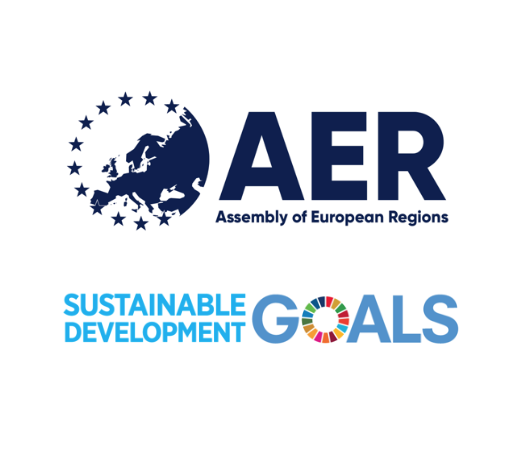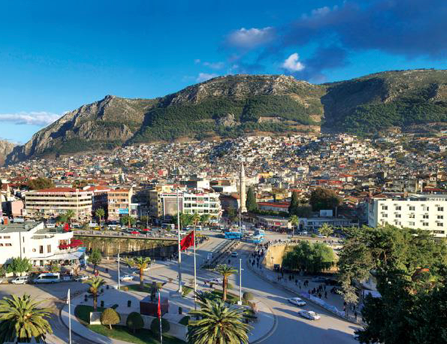An integrated approach to the Sustainable Development Goals

The Committees’ Work Programmes for 2018-2019 demonstrates a strong commitment towards the UN’s Sustainable Development Goals (SDGs). One of the main topics members decided to work on last Spring, was ... Read More












